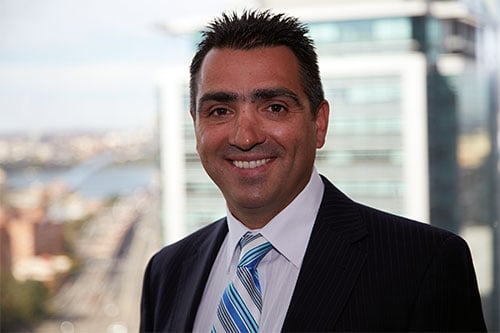

Speak to most insurance professionals and they will tell you they “fell into” the industry – and while few have regrets now, many may previously have wished for a career in something “sexier” like the film and entertainment industry.
Yet there are some who have managed to combine the two – a life in insurance with strong links to the movie sector. Take, for example, Joe Lo Surdo (pictured), managing director of SURA film and entertainment, who boasts over 28 years’ experience in the sector having previously been the managing director of Film Insurance Underwriting Agencies (FIUA) and Cinesure.
Having established himself as a specialist in the area over several decades Lo Surdo has seen plenty of change – and believes that insurance has a crucial role to play in addressing the film industry’s modern challenges.
“The rise of the #metoo movement has sparked a massive increase in public conversation of the issue, particularly in relation to the film and entertainment industry,” he said. “The increase in awareness has not yet translated into widely available cover for financiers and producers. However, the movement will inevitably lead to insurers investing more in the R&D of products for #metoo and misconduct allegations. With production green-lights at stake, the incentive for insurers to deliver adequate and nuanced cover that caters to the risk is high.
“Acquiring funding for high-budget, local productions is also an ongoing challenge. Despite our great facilities and infrastructure, which are frequently used by international productions, Australian films are not massive earners at the box office. Low ROI is often a hurdle for attracting financiers which means insurers need to do everything they can to offer competitive cover that encourages investors to participate.”
So, with seemingly plenty of risks to address, how does a broker achieve success in this attractive niche? According to Lo Surdo, there will be challenges to overcome.
“The most frequent concerns we receive from brokers usually stem from a lack of experience or knowledge in the nuances of the industry,” he said. “The niche nature of film and entertainment means there are fewer brokers who specialise in procuring cover for it. Part of our role is to allay brokers’ concerns through knowledge sharing and education in the unique facets of the business.”
“Usually it’s the barrier of industry knowledge and understanding how to apply different covers to a production’s requirements,” he added. “The Australian film industry is relatively small compared to international markets and returns on investment are not guaranteed. The smaller pool of business makes it difficult for brokerages to invest heavily in education and training on industry products.”
Still for those brokers that are up to the challenge, there are plenty of potential fruits to justify their labour. While under-insurance is not a major issue in the industry, protecting a project’s budget is “of paramount importance” according to Lo Surdo – and it’s a job that offers plenty of scope and variation.
“Every shoot is different,” he said. “It might be an ad campaign, a feature film, TV movie, animation or something that requires stunts or hazardous activity… the challenge for us comes in ascertaining the different types of risks that apply to the different types of productions.”
